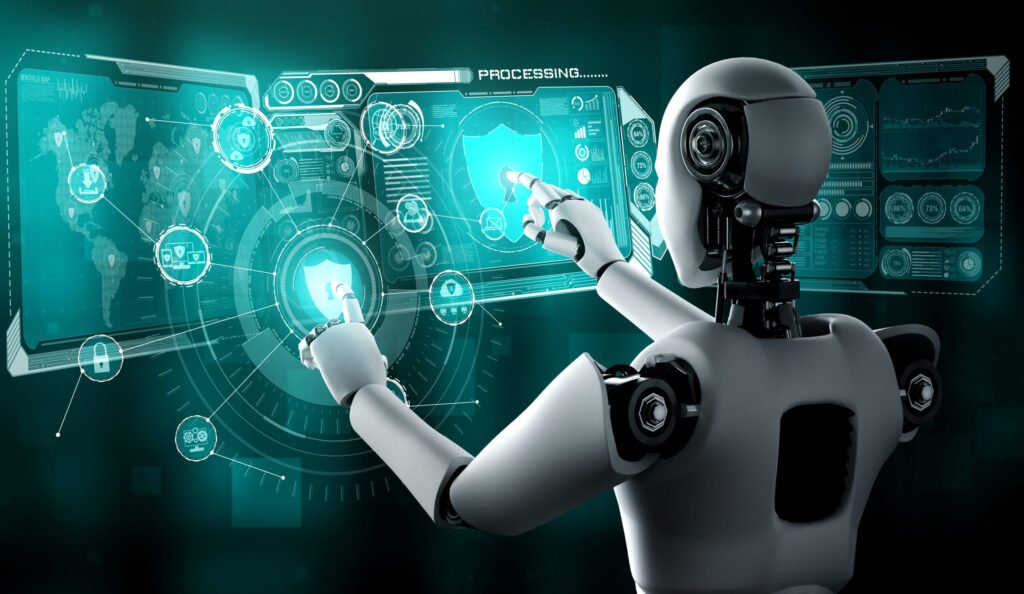Introduction
As AI-generated content becomes mainstream—whether it’s text, images, music, or video—it is revolutionizing how we create, consume, and distribute media. Tools like ChatGPT, Midjourney, DALL·E, and Sora by OpenAI have empowered businesses, creators, and marketers to generate content at scale and with minimal cost.
But this rise in automation and synthetic content raises two major concerns:
🔸 Massive job displacement in creative industries
🔸 Rampant copyright infringement and legal chaos
Are these fears valid? Or are they overblown reactions to a transformative technology?
Let’s dive deep.
1. Will AI-Generated Content Cause Mass Job Losses?
✅ Yes, Some Roles Will Be Disrupted
AI can now:
- Write blogs, emails, scripts, and product descriptions
- Design logos and graphics
- Compose music or edit videos
- Generate code and troubleshoot websites
Industries like copywriting, content creation, graphic design, customer support, journalism, and translation are already seeing automation reduce human demand.
A 2023 Goldman Sachs report estimated 300 million jobs globally could be affected by AI.
🚫 But It Won’t Eliminate Jobs—It Will Reshape Them
History shows that technology creates more jobs than it destroys, though it often reshuffles them. For example:
- Print journalism declined, but digital marketing exploded
- Manual bookkeeping faded, but financial analytics flourished
In the AI era, new roles are emerging:
- AI content curators
- Prompt engineers
- AI ethicists
- Data validators
- Hybrid creators who use AI as a co-pilot
AI won’t replace humans—humans using AI will replace those who don’t.
2. Is Mass Copyright Violation a Real Threat?
⚠️ Yes, AI Training Raises Legal and Ethical Concerns
Most AI models are trained on vast datasets that include:
- Books
- Articles
- Music
- Art
- Videos
Many of these are copyrighted, and creators argue their work was used without permission or compensation.
High-profile lawsuits include:
- The New York Times vs. OpenAI
- Getty Images vs. Stability AI
- Artists vs. Midjourney and Stability AI
Critics fear a future where AI content becomes a form of industrial plagiarism.
⚖️ Laws Are Evolving, But Slowly
Currently, there’s no global standard on:
- What counts as “fair use” for training data
- Whether AI-generated content is protected by copyright
- Who owns the output—the tool, the user, or the training data source?
However, governments are responding:
- EU’s AI Act mandates transparency in generative AI
- US Copyright Office now requires disclosure of AI involvement in works
- India is forming AI policy focusing on ethical development
3. How to Ethically Use AI-Generated Content
✔️ Use AI as an assistant, not a replacement for human creativity
✔️ Always credit original sources when appropriate
✔️ Combine AI output with human editing, emotion, and insight
✔️ Use licensed AI tools that comply with copyright laws
✔️ Avoid passing off AI content as original without proper vetting
Think of AI as a power tool—efficient, scalable, but still needing human direction.
Conclusion
AI-generated content is here to stay, and its impact on jobs and copyright is real—but not inherently negative. The fear of job loss and copyright chaos is valid, but with ethical use, regulation, and education, AI can actually enhance creativity, open new opportunities, and increase productivity.
The key lies in how we choose to use it—responsibly, transparently, and collaboratively.
Leverage AI the Right Way with TechsterTech
At TechsterTech.com, we empower startups, marketers, and businesses to ethically harness the power of AI. From SEO-driven content to AI marketing solutions, we guide you in using AI as a force for innovation—not disruption.


